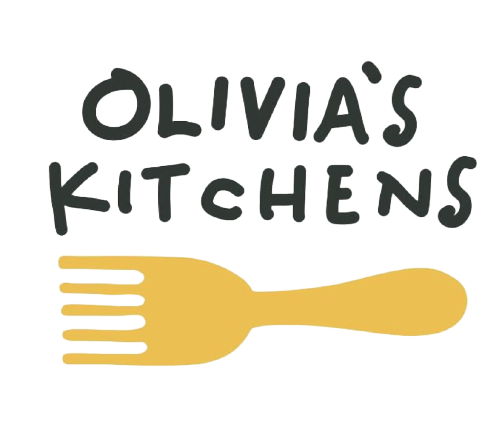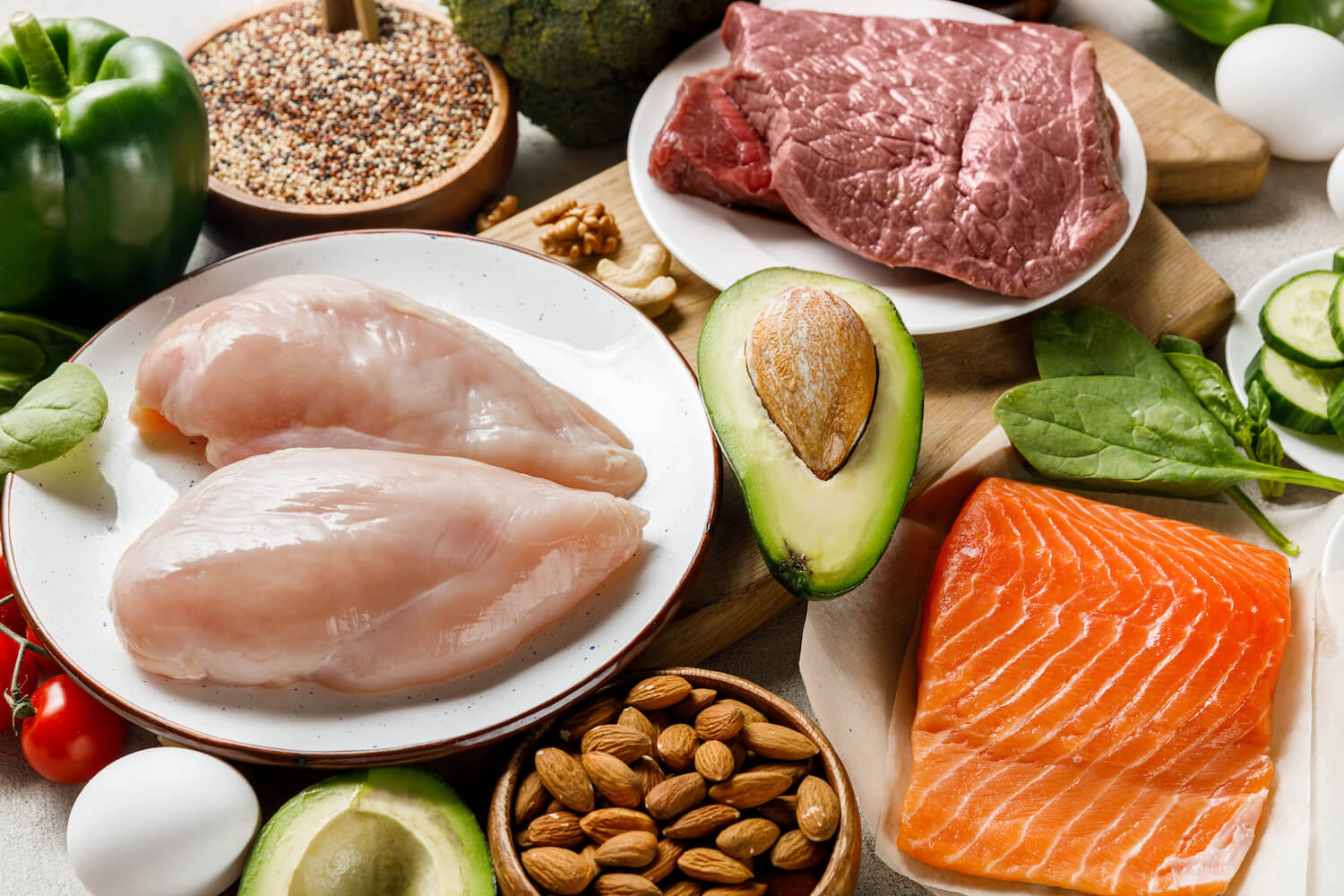The production of enzymes and hormones, tissue maintenance and repair, and immune system support all depend on protein, an essential macronutrient. Protein aids in the development and repair of muscle tissue, making it particularly crucial for athletes and anyone who participates in frequent, physical exercise. A high protein diet, or a diet that emphasizes eating a lot of protein, can offer a number of advantages, such as weight loss, muscle growth, and enhanced athletic performance. However, there are also possible hazards and disadvantages to taking into account. We will look at the benefits, drawbacks, and choices of a high-protein diet in this post.
Advantages of a High-Protein Diet
Losing weight is one of the key advantages of a diet high in protein. Protein can make you feel full and satisfied after meals since it is more satiating than fat and carbohydrates. This may facilitate weight loss by lowering calorie consumption generally. Protein can also assist in maintaining muscle mass during weight loss, which is crucial for preserving a healthy metabolism.
A high-protein diet can help people gain and keep up their muscular mass. Consuming enough protein can boost muscle growth and strength since protein is a crucial component for muscle synthesis and repair. Athletes and individuals who regularly participate in physical exercise should pay particular attention to this.
Last but not least, a diet heavy in protein may provide other health advantages like better blood sugar regulation, a lower risk of heart disease, and better bone health.
The Drawbacks of a High-Protein Diet
Even if a diet heavy in protein may have certain advantages, it’s crucial to be aware of any risks or disadvantages. One issue is that a high-protein diet may be difficult on the kidneys, particularly for those who already have kidney issues. This is because the kidneys must filter waste products produced by protein metabolism, and a high-protein diet might make the kidneys work harder.
A high-protein diet might not be suitable for everyone, too. Large protein intakes can be difficult for some people to digest, which can make conditions like acid reflux or heartburn worse.
Finally, it’s crucial to make sure you eat a balanced diet that includes a variety of nutrients rather than only concentrating on protein. The risk of heart disease may be increased by a high protein diet that may simultaneously be rich in saturated fat and cholesterol.
Foods High in Protein You Should Include in Your Diet
A high-protein diet can contain a variety of foods that are high in protein. Several possibilities are:
- Lean foods including beef, turkey, and chicken
- seafood and fish including salmon, tuna, and shrimp
- Eggs
- Milk, cheese, and yogurt are examples of dairy products.
- seeds and nuts
- Legumes like chickpeas, lentils, and beans
- Tofu and other types of plant-based protein
In order to make sure that you are consuming all of the critical amino acids that your body requires, it is crucial to choose a range of protein sources. It’s also critical to think about the protein sources you are ingesting and their quality. The finest protein sources are typically those that are lean and unprocessed.
In conclusion, a high-protein diet may provide a number of advantages, such as better athletic performance, muscle growth, and weight loss. To ensure you are obtaining a balanced diet with a variety of nutrients, it is crucial to be aware of any dangers and disadvantages that could arise. Lean meats, fish, eggs, dairy products, nuts and seeds, legumes, and plant-based protein sources are a few of the numerous foods that are high in protein.






